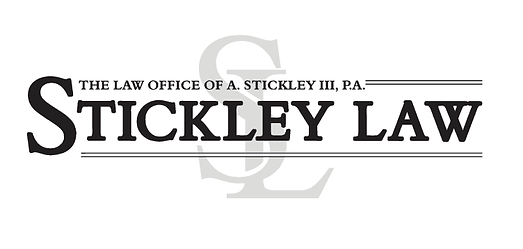Navigating the Complex World of Medicaid Planning Medicaid planning can often feel like navigating a labyrinth. With the high cost of long-term care threatening to deplete life savings, many...
Navigating the Complex World of Medicaid Planning
Medicaid planning can often feel like navigating a labyrinth. With the high cost of long-term care threatening to deplete life savings, many wonder how they can protect their assets while still qualifying for Medicaid. Here, Medicaid Asset Protection Trusts (MAPTs) offer a promising solution. However, these trusts are not a one-size-fits-all answer and require careful consideration. What is a Medicaid Asset Protection Trust (MAPT)?
A Medicaid Asset Protection Trust is a specialized irrevocable trust tailored to assist individuals in qualifying for Medicaid assistance while safeguarding assets for heirs. Once assets are placed in this trust, they effectively don't count towards Medicaid's asset limit. Another significant benefit is that MAPTs help avoid Medicaid estate recovery, meaning the state can't reclaim funds from these assets after the individual's passing. Understanding the Five-Year Look-Back Period
It's crucial to understand that Medicaid enforces a five-year look-back period. This means that assets must be transferred into a MAPT at least five years before applying for Medicaid long-term care benefits to avoid penalties. Transferring assets too close to your application date can lead to a penalty period, delaying your eligibility. Benefits of a MAPT
The primary appeal of a MAPT is its ability to protect assets for future generations, thus securing wealth for your heirs. Moreover, these trusts can prevent the unnecessary "spend-down" of personal savings, which Medicaid often requires to meet eligibility criteria. Additionally, they shield assets from Medicaid recovery, securing your estate's integrity. Are MAPTs Right for Everyone?
While MAPTs offer significant advantages, they aren't suitable for everyone's situation. Alternatives such as Medicaid-compliant annuities and long-term care insurance might be more appropriate for certain individuals. It's essential to consult with a financial advisor or estate planning attorney to identify the strategy that best suits your specific needs. The Importance of Early Planning
To maximize the benefits of a MAPT, early planning is crucial due to Medicaid's five-year look-back rule. Protecting your assets while ensuring Medicaid eligibility requires foresight and strategic planning. Engaging with professional advisors can provide guidance tailored to your circumstances, ensuring you make informed decisions about your financial future.

